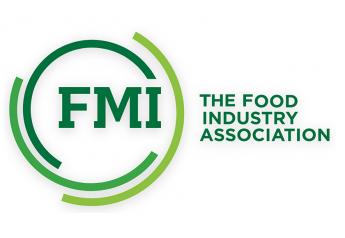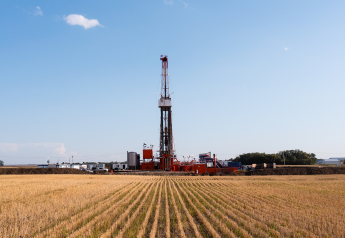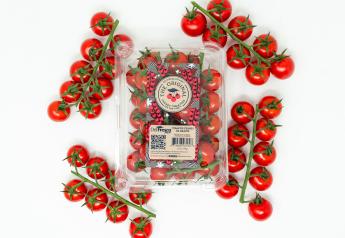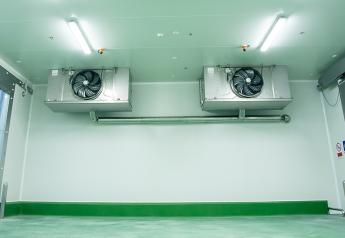NASA seeks fresh greens and plant-based ingredients for space missions
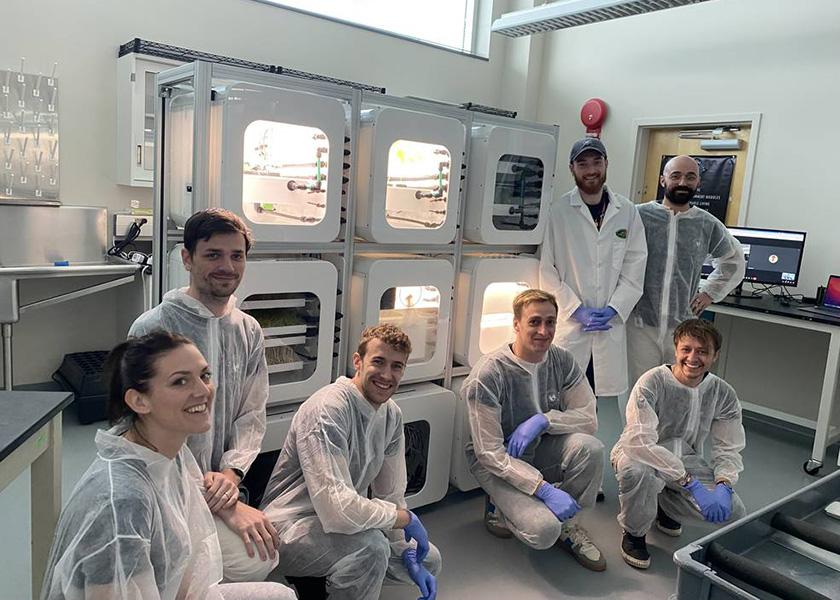
Step aside, freeze-dried packs of space ice cream; NASA scientists want flavorful, nutritious foods and innovative production systems that could fuel astronauts traveling deep into space for multiyear missions, such as from the moon to Mars.
To drive these efforts, NASA recently launched a Deep Space Food Challenge — a three-part competition that calls on innovators across the globe to create technologies to help feed astronauts on long-term space missions. The agency recently handed out $750,000 in prizes for the second phase of the space food challenge, according to a news release.
“Astronauts will tell you that tasty and nutritious food is a critical part of any successful human space exploration mission," Denise Morris, program manager of NASA Centennial Challenges, said in the release. "The possibilities presented in this challenge could help sustain our explorers on future missions, and even have the potential to help out right here on Earth in areas where food is scarce or hard to produce."
Related news: NASA sowing seeds for space salsa
The Deep Space Food Challenge's Phase 2 winners built and demonstrated small-scale prototypes of food system technologies that produced safe, nutritious and appealing foods using minimal resources and creating little to no waste. Heading into the third and final phase, Phase 2 finalists will have the opportunity to develop full-scale versions of their technologies.
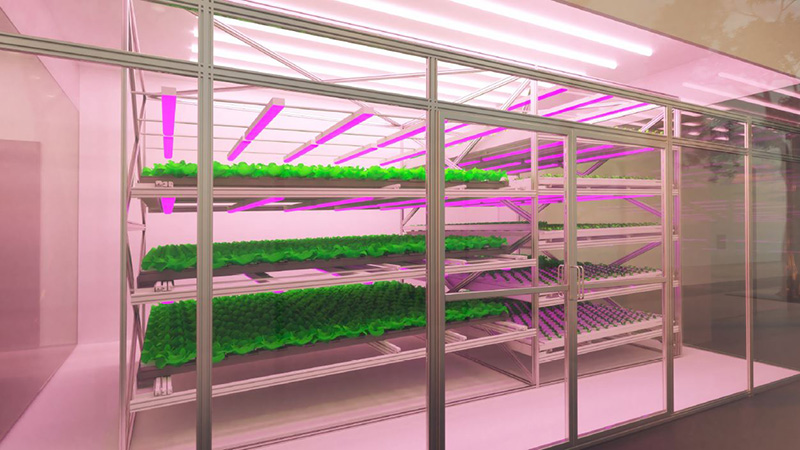
The final NASA Deep Space Food Challenge prize winner will receive $1.5 million in prizes, along with the possibility of adoption in deep space.
"These creative winning solutions come from teams made up of business, universities and individual solvers, showcasing how NASA can benefit from everyone's expertise to solve crucial challenges," Amy Kaminski, program executive for prizes, challenges and crowdsourcing at NASA, said in the release. "We're excited to announce Phase 3 of the challenge to see where these teams can take their technologies next."
Surveying the second-round winners, it’s clear that astronauts are looking to include fresh vegetables, vibrant microgreens and plant-based ingredients to complement a deep-space diet. The U.S. teams receiving $150,000 in prizes from NASA and advancing to the final phase include:
-
Interstellar Lab: A Florida-based lab that created a modular bioregenerative system for producing fresh microgreens, vegetables, mushrooms and insects.
-
Kernel Deltech USA: Florida-based researchers that developed a system for cultivating mushroom-based ingredients.
-
Nolux: A California-based company that produced plant- and mushroom-based ingredients from innovative, nature-based solutions that mimics photosynthesis.
-
Air Company: A New York-based company that developed a system for turning air, water, electricity and yeast into edible food.
-
SATED (Safe Appliance, Tidy, Efficient, and Delicious): A Colorado-based organization that developed a space cooking appliance that would allow astronauts to prepare a variety of meals from ingredients with long shelf lives.
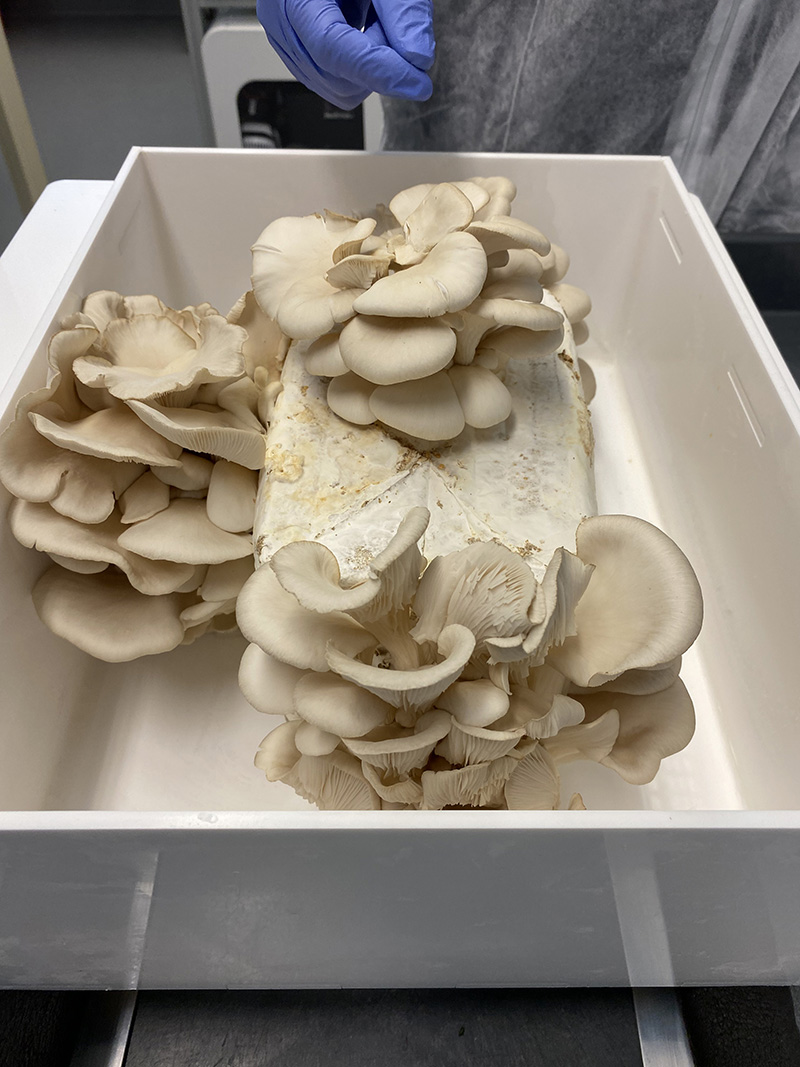
In addition, NASA and the Canadian Space Agency partnered to select three international teams as winners to advance to phase 3:
-
Enigma of the Cosmos: An Australian organization that created an adaptive growing system to increase the efficiency of plants' natural growth cycles.
-
Mycorena: A Swedish company that developed a system that produces microproteins using a combination of microalgae and fungi.
-
Solar Foods: A Finnish company that produces single-cell proteins using a novel system that is based on gas fermentation.


